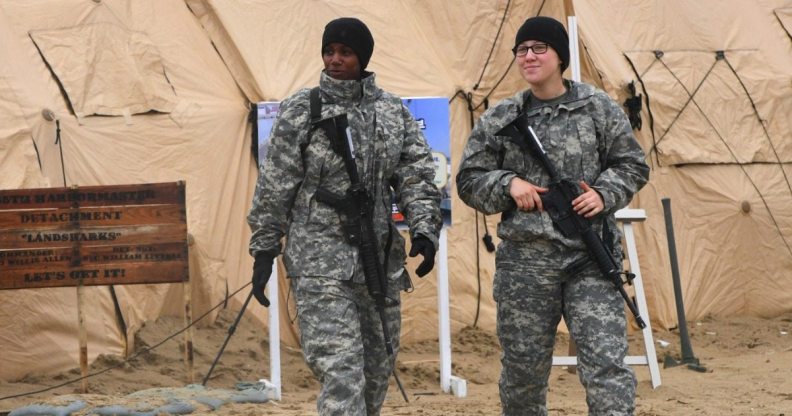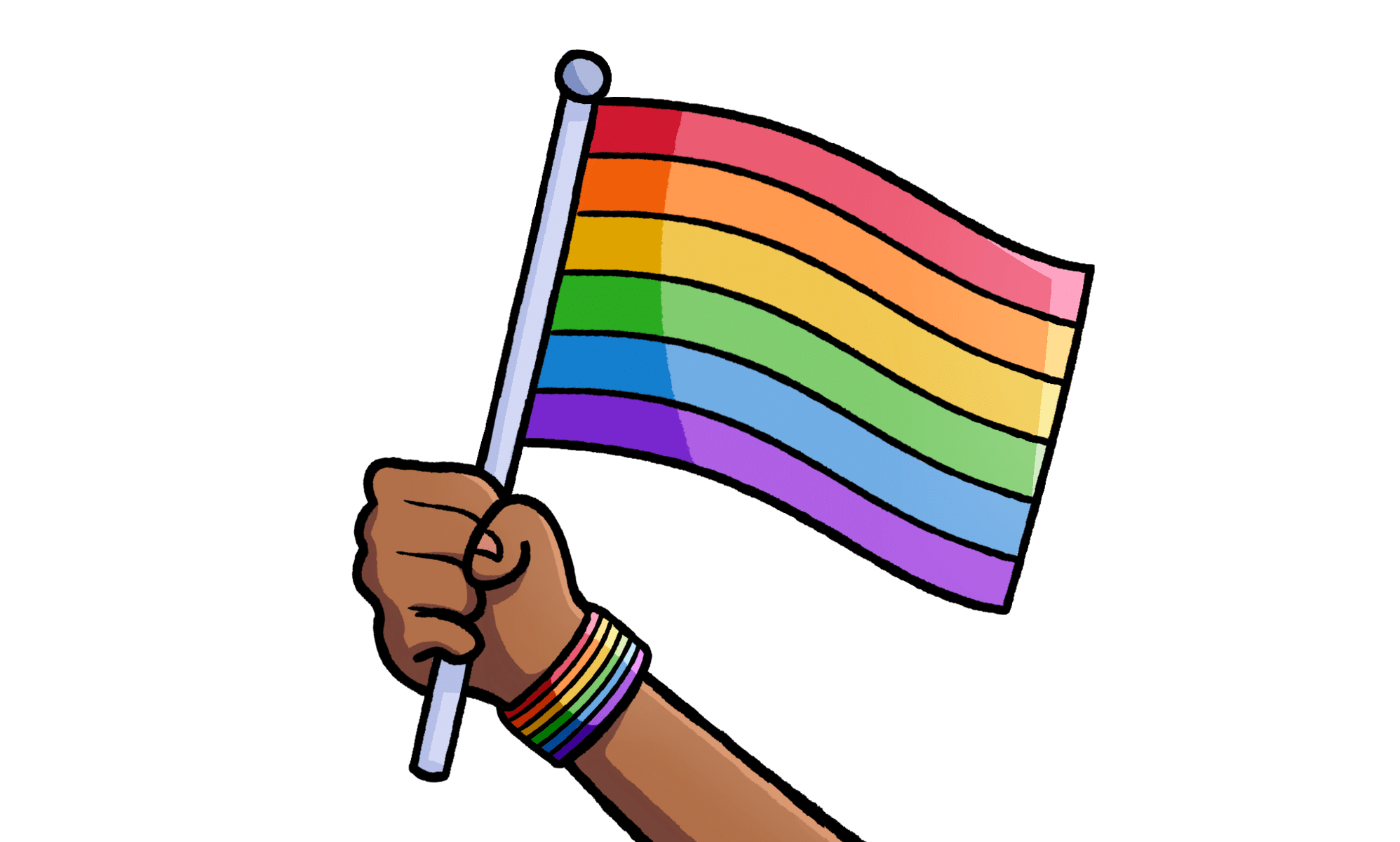Gay soldiers are being outed from dating apps by army chief, claim campaigners

South Korean soldiers (Getty Images)
An army boss stands accused of ordering a mass probe to out gay soldiers.
According to campaign group the Military Human Rights Center for Korea (MHRCK), General Jang Jun-kyu, army chief of staff in South Korea, launched a “track-down process” to find and out suspected gay personell.
This included setting up fake profiles on dating apps to track down soldiers and expose them.
The process is thought to have identified 50 soldiers, 20 of whom now face charges under the country’s military anti-homosexuality laws.
Multiple soldiers have reported being outed and punished as part of the hunt, according to the group.
“Gen Jang is obviously incapable of leading the army,” MHRCK said in a statement.
“He treated his men who did their best to protect their homeland as if they were culprits and made them suffer the most horrible fear — losing personal dignity.
“He must take responsibility and resign immediately.”
Although same-sex sexual activiy is not illegal in the country, the army retains a code of conduct that bans homosexuality, and military service is mandatory.
Under South Korean law a soldier who commits “sodomy” or “other disgraceful conduct” can face up to two years in prison.
The country also continues to deny gay citizens marriage equality.

The army has refuted the claims of a large scale probe, telling the Korea Herald that it was confined to one incident.
A spokesperson said: “The investigation team launched the probe after recognising that an incumbent soldier uploaded a video of him having sexual intercourse with another male soldier on social media,” it said.
The full report by MHRCK alleges that investigators put psychological pressure on gay soldiers by threatening to out them to their peers.
They also interrogated the men on their private lives in explicit detail and carried out an undercover search of gay dating apps to find personnel, the report claims.
“This [probe] is an obvious violation of human rights,” Kim Jiyoon of the Asan Institute think-tank in Seoul told the FT.
“But there is not going to be much public support [for these soldiers]. Korea is not ready for these issues.
“In the US, LGBT rights have escalated to become political issues. In Korea, it is not politicised yet.”
Han Ga-ram, a human rights lawyer in Seoul, said: “The South Korean army imported its military law from western countries, but those countries have since abolished the laws because they are no longer acceptable.
“Korea still maintains these outdated laws.”
The army is one of the most important insitutions in South Korean life, with the military threat from the North continuing to be strong.
While almost all other major western countries allow openly gay soldiers – the UK legalised it in 2000 and the US in 2011 – South Korea has been slower to change its rules.
North Korean leader Kim Jong-un was previously seen waving a rainbow flag, to the confusion of many.

